Olivia Thomas

Profile
Olivia Thomas is Head of Marine Planning and Technical at The Crown Estate, where she leads the Marine Business heading up the provision of cross-cutting specialist spatial planning, technical engineering, and marine data, evidence, and insights. Having studied forensic science at university, Olivia developed an interest in scientific analysis and the marine environment and went on to pursue this interest in the marine environment gaining an MSc in Coastal and Marine Resource Management. Her work includes using her environmental and sustainability expertise to consider the environmental regulatory framework that the Crown Estate operates within, the management of customer survey data through the world-leading Marine Data Exchange platform, and providing spatial planning evidence and analysis to develop a ‘Whole of Seabed’ approach to all the Crown Estate decisions.
What inspired you to pursue a career in the offshore marine industry?
I love the breadth of opportunity the marine environment provides. I've always been interested in how human needs are met by the planet we live on (and ensuring we do so sustainably) so when it came to marine (and my living by the sea) my interests developed as I grew to understand the major role the marine environment provides in combating climate change; providing us natural resources (food as well as materials used in construction, medicine, engineering) and hosting a vast ecosystem of natural life, there was nothing more inspiring than looking to a career that could play some part in that!
How do you think increasing diversity in marine related careers could impact the future the marine industry?
Diversity is vital; both in the types of roles that develop but equally in the type of people that fill them. Diverse backgrounds, experiences and perspectives are really important in evolving, innovating and ensuring sustainability in how we manage our future needs from marine. I hope to see diversity in roles continue to develop; as a reflection of our built evidence and understanding of the marine environment (it's needs; the impacts of our needs; our priorities over the marine environment and so on) and to continue to encourage shared learning - across sectors, industries and fields of ocean science.
Within your professional career, what work are you most proud of?
There are several key moments where I felt personally proud of my achievements and the impact they had but more than ever, I'm proud of supporting the next generation of employees - seeing brilliant interns; ask insightful questions; create thought-provoking presentations; seeing advisors shape and influence how we do something; building relationships and joining dots....it's inspiring and I feel very proud when I have been a part of supporting their development.
What are some of the most exciting innovations or breakthroughs happening in your area of work right now?
Taking a system-based approach to our thinking. What I mean by that is, not trying to make a decision about how the seabed is managed in isolation; looking at the broader interactions and consequences of how one thing might affect another or how creating shared outcomes might bring forward a better result. Looking at how our spatial tools are developing, and we are driving better insights from our data and evidence has been pivotal to working with other stakeholders and customers on considering the future use and needs of the marine environment.
What do you wish more young girls and women knew about pursuing a marine related career?
That there are so many options; regardless of your background or your education - you don't have to be a scientist, or an engineer or a conservationist - explore what you are good at; what drives you / inspires you - whether that's working with people; understanding resources; sustainability; a particular marine industry - there are options in every single one.
If you could have a conversation with the ocean, what would you ask it?
"How are you feeling?" - To truly understand the impact humans have on the ocean will take consistent monitoring and development of our understanding and we hope we aren't too late. We must allow nature to recover and plan the use of the space for the long term.
Imagine a future where our relationship with the ocean is completely transformed. What does that look like?
A thriving marine environment; biodiversity rich; well managed use of resources; clever, integrated energy use and innovative human developments that can be removed once (and when) no longer needed or serving a purpose. Sparkly and blue!






